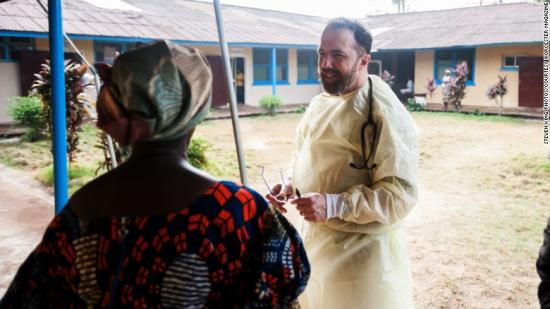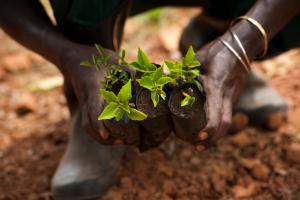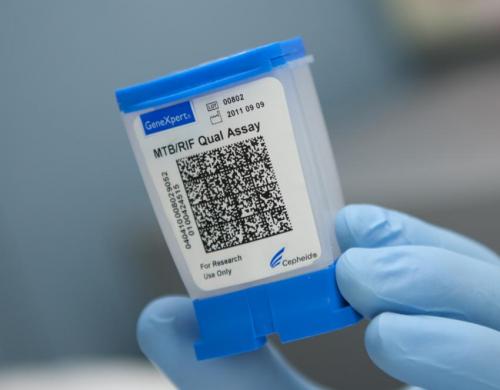You are here
Mon, 2009-03-09 11:54 — mdmcdonald
The mission of the Global Health Working Group is to explore and improve current and emerging states of health and human security worldwide.
General Topic Tags:
Problem, Solution, SitRep, or ?:
Group:
Group description:
This Working Group is focused on exploring current and emerging states of health and human security worldwide.
Group visibility:
Public - accessible to all site users
Add Content to this group
Members
| Aboubacar Conte | admin | Albert Gomez | Allan | Anthony | Carrielaj |
| Chisina Kapungu | ChrisAllen | Corey Watts | CPetry | DeannaPolk | Elhadj Drame |
| Gavin Macgregor... | Hadiatou Balde | hank_test | jranck | JSole | Kathy Gilbeaux |
| Lisa Stelly Thomas | loguest | Maeryn Obley | mdmcdonald | MDMcDonald_me_com | Mika Shimizu |
| mike kraft | njchapman | Norea | Tiaji Salaam-Blyther | tnovotny |





 ... the FAO said the agreement also involves the World Bank and Guinea's government. Unlike in Liberia and Sierra Leone, Ebola activity in Guinea has seen multiple dips and spikes, and community resistance incidents have continued to stall response progress there, especially in rural areas.
... the FAO said the agreement also involves the World Bank and Guinea's government. Unlike in Liberia and Sierra Leone, Ebola activity in Guinea has seen multiple dips and spikes, and community resistance incidents have continued to stall response progress there, especially in rural areas. submitted by George Hurlburt
submitted by George Hurlburt

Recent Comments